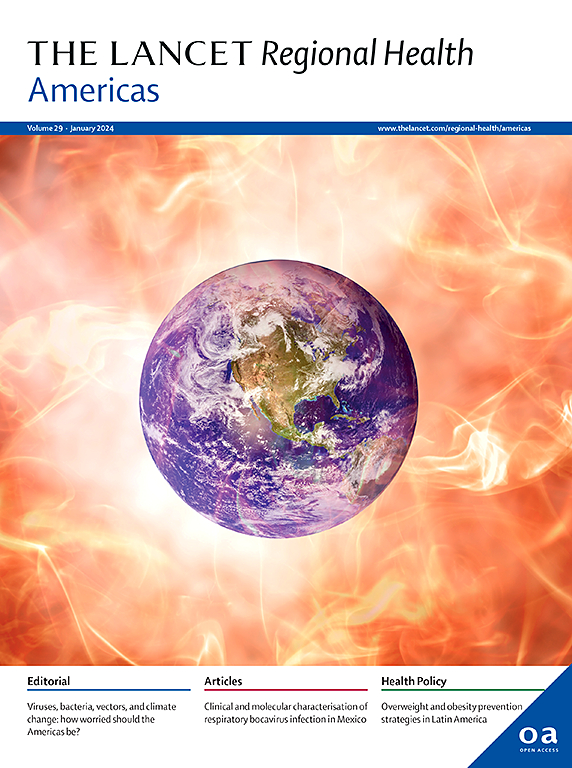The 2024 South America ablaze: health impacts and policy imperatives for protecting population health in an era of wildfires
IF 7
Q1 HEALTH CARE SCIENCES & SERVICES
引用次数: 0
Abstract
The 2024 wildfires in South America, particularly in the Amazon and Pantanal, were not only a disaster for ecosystems, but also for public health and people's health and wellbeing. These record-breaking fires were likely driven by overlapping triggers: climate change-related heat and droughts and human-driven land-use change. We documented that rapidly evolving wildfires together with limited preparedness and slow responses from emergency and health agencies resulted in severe health impacts, including several fatalities and thousands people displaced, injured, and/or with cardiorespiratory symptoms. These, however, partially represent the situation as mental health outcomes were largely unrecorded and other impacts are yet to be seen. In a climate increasingly prone to severe wildfires, comprehensive action is key. Integrated disaster risk reduction strategies, strengthened health systems, and improved risk communication are essential to protect human health from this escalating threat.
2024年南美大火:在野火时代保护人口健康的健康影响和政策必要性
2024年发生在南美洲,特别是亚马逊和潘塔纳尔地区的野火,不仅是生态系统的灾难,也是公共卫生和人民健康和福祉的灾难。这些破纪录的火灾可能是由重叠的触发因素驱动的:与气候变化相关的高温和干旱以及人类驱动的土地利用变化。我们记录了迅速演变的野火,加上应急和卫生机构的准备工作有限和反应缓慢,导致严重的健康影响,包括数人死亡,数千人流离失所、受伤和/或出现心肺症状。然而,这些部分反映了这种情况,因为心理健康结果基本上没有记录,其他影响尚未看到。在日益容易发生严重野火的气候条件下,采取综合行动至关重要。综合减少灾害风险战略、加强卫生系统和改进风险沟通对于保护人类健康免受这一不断升级的威胁至关重要。
本文章由计算机程序翻译,如有差异,请以英文原文为准。
求助全文
约1分钟内获得全文
求助全文
来源期刊

Lancet Regional Health-Americas
Multiple-
CiteScore
8.00
自引率
0.00%
发文量
0
期刊介绍:
The Lancet Regional Health – Americas, an open-access journal, contributes to The Lancet's global initiative by focusing on health-care quality and access in the Americas. It aims to advance clinical practice and health policy in the region, promoting better health outcomes. The journal publishes high-quality original research advocating change or shedding light on clinical practice and health policy. It welcomes submissions on various regional health topics, including infectious diseases, non-communicable diseases, child and adolescent health, maternal and reproductive health, emergency care, health policy, and health equity.
 求助内容:
求助内容: 应助结果提醒方式:
应助结果提醒方式:


